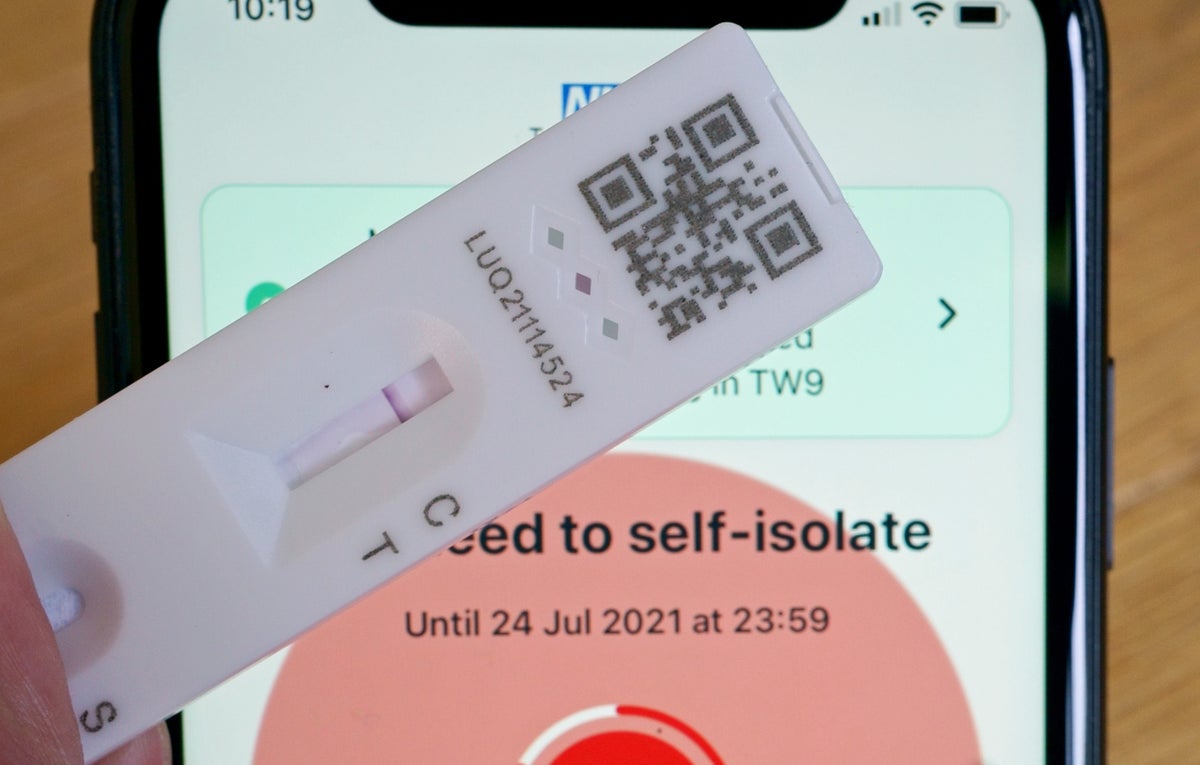
Boris Johnson ended the UK government’s “Plan B” social restrictions for dealing with the Omicron variant of the coronavirus in England on 24 February 2022, apparently drawing a line under the lockdown era once and for all.
Trailing the decision in the House of Commons in January, the prime minister said that working from home orders, guidance on mask-wearing in public places and presenting NHS Covid passes to enter crowded venues were all to be scrapped as the New Year rise in infections waned without resulting in the wave of mass hospitalisations feared by experts.
That last revision to the rules also meant that those who tested positive for Covid-19 were no longer legally required to self-isolate, scrapping a previous requirement that the unwell quarantine for at least five days and only emerge after testing negative twice thereafter.
Before that pivot to the goverment’s more pragmatic “Living with Covid” policy, placing responsibility with individuals rather than the state, then-health secretary Sajid Javid had already cut the self-isolation period from seven days to five as the Omicron wave of infections that hit the UK in December and spiked over the New Year fortunately failed to translate into the mass hospitalisations feared.
The February change to the law also marked the end of £500 per month self-isolation support payments for people on low incomes and routine contact tracing, meaning that employees no longer had to notify their bosses that they must go into quarantine and that their close contacts were no longer required to undertake daily testing.
The Labour Party and a number of scientific experts protested the decision as premature and the abandoment of face masks and social distancing did indeed lead to a gradual but steady rise in Covid cases in early March.
Life has largely returned to normal since then, with the national focus switched to the war in Ukraine, the cost of living crisis and the Conservative Party succession drama.
However, a rise in fresh Covid cases this month has prompted experts to warn that Britain is in the midst of a fifth wave of coronavirus infections, now being driven by the BA.4 and BA.5 sub-variants of Omicron.
The country saw a 43 per cent spike in cases at the beginning of June, seemingly caused by people coming together to celebrate the Queen’s Platinum Jubilee over the course of a four-day weekend, and the infection rate has only climbed since then.
Healthcare chiefs were quick to warn the new outbreak would have a significant impact on an NHS “already on its knees” and expressed concern over the return of major summer live events like Notting Hill Carnival and the Edinburgh Festival, which threaten to become super-spreader sites if precautions are not taken.
Depending on how the situation develops from here, new measures could eventually become necessary to rein in transmission, including the rollout of second vaccine booster jabs.
For now though, the current NHS advice is that, if you believe you have symptoms associated with Covid, you should to take a lateral flow test and isolate at home for five days if you test positive to avoid passing it on to others, although, again, this is not a legal requirement.
You should keep away from anyone likely to be particularly vulnerable because of their age or a pre-existing condition for 10 days and, if you do have to go out in public when you are unwell, you are encouraged to wear a mask, avoid crowded indoor spaces and wash your hands for at least 20 seconds.
If you are concerned about your symptoms or believe they are getting worse, you are advised to visit 111.nhs.uk, call 111 or call your local GP surgery.







